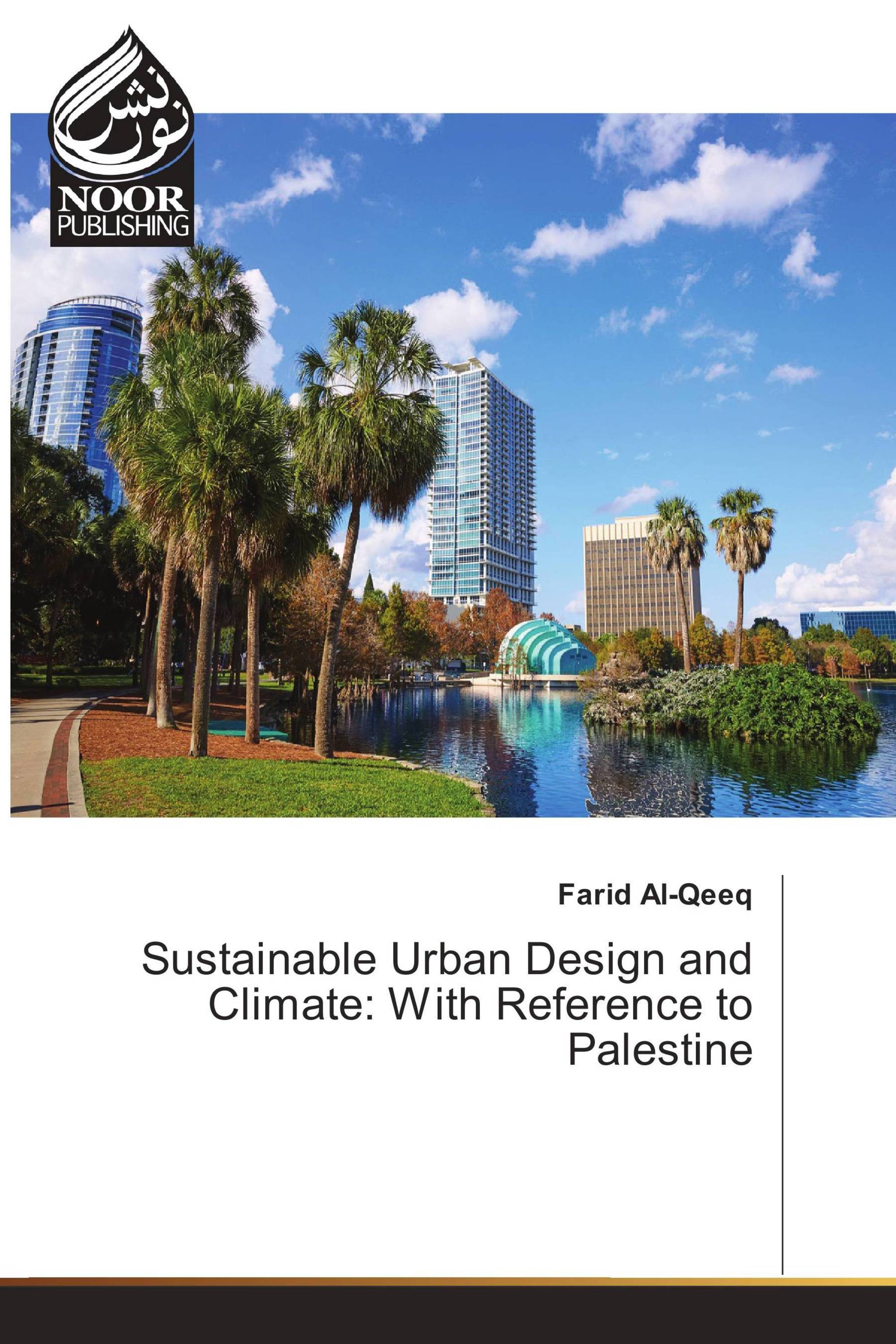Sustainable Urban Design and Climate: With Reference to Palestine
Noor Publishing ( 2017-05-04 )
€ 84,90
It is evident that the geometry of the urban form as an urban design parameter is crucial. The layout of the structure can modify the urban climate through proper design, thus improving the thermal comfort both outside and inside buildings, even reducing energy demands for heating and cooling requirements. The main goal of the research is to examine the relationship between different urban forms and the shadow patterns they generate, and to develop evaluation tools for deriving climatic design criteria suitable for use by designers. The main structure of this thesis is arranged in two parts. The first part identifies the conceptual framework of the sustainable urban design in order to provide the reader with basic information about the subject. Secondly, parametric studies have been performed to bridge the gap in the previous studies. The study compares patterns (radial and rectangular) with different orientations and their relation to solar accessibility, bilateral type of buildings, and urban density. While the analysis was mainly related to the Palestinian climate, the techniques employed may be applicable to other countries.
Book Details: |
|
|
ISBN-13: |
978-3-330-79775-8 |
|
ISBN-10: |
3330797754 |
|
EAN: |
9783330797758 |
|
Book language: |
English |
|
By (author) : |
Farid Al-Qeeq |
|
Number of pages: |
392 |
|
Published on: |
2017-05-04 |
|
Category: |
City-, area- and landscape planning |
